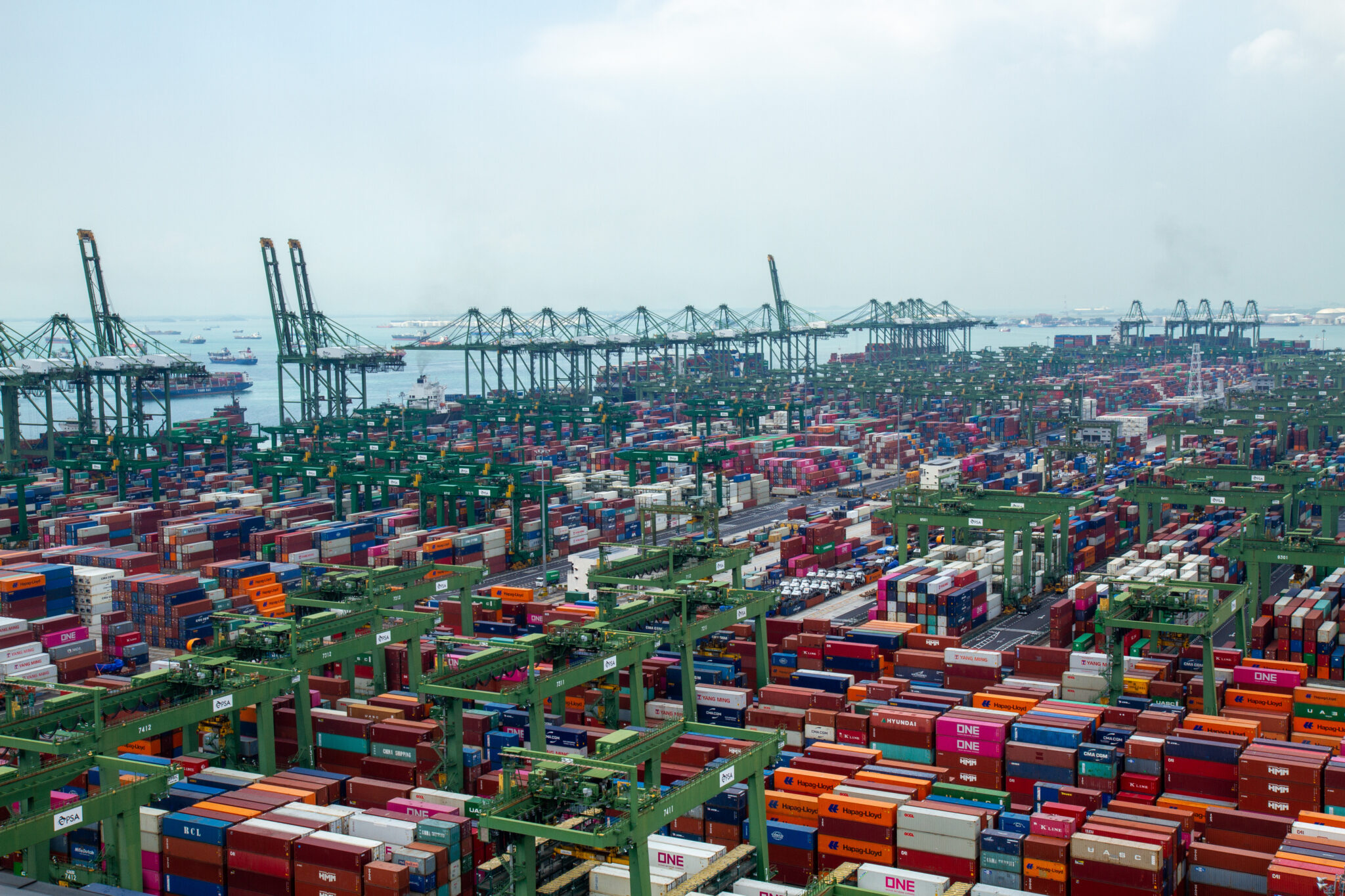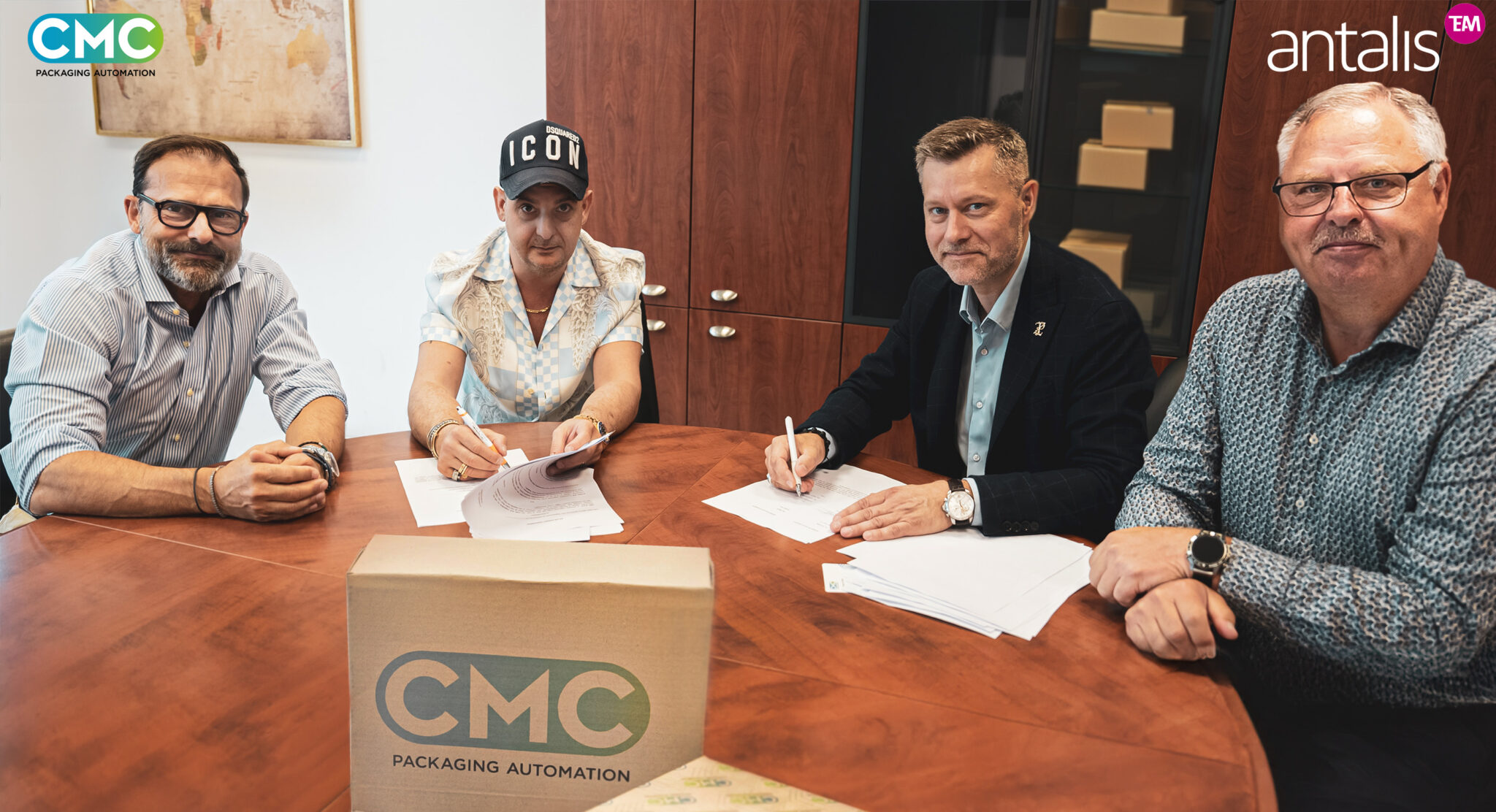PSA Singapore (PSA), a major global transhipment hub, has significantly ramped up its capabilities to support increased activity and mitigate the impact of global supply chain disruptions since the beginning of 2024. This includes reinforcing its frontline capacity, commissioning new berths at Tuas Port, and reactivating berths and yard space at Keppel Terminal. As a result, the average wait time at the port in recent weeks has been reduced to two days or less. As the various disruptions, including the Red Sea situation are still ongoing, the supply chain demand and impact remain volatile. PSA remains committed to work alongside its customers during these uncertain times.
Since the start of 2024, PSA has faced strong berth demand as well as off-schedule vessel arrivals, resulting in high concentrations of vessels arriving during certain days of the week, causing a significant increase in waiting times despite maxing out all of PSA’s berths. Larger call sizes have required vessels to stay longer, with lengthier transhipment container dwell. This has arisen from a confluence of various factors, including the Red Sea situation (which has indirectly reduced overall global shipping capacity), upstream and downstream ports congestion, and port omissions by shipping lines to recover their schedules, giving rise to substantial changes in vessel arrival patterns and call sizes.
Mr Ong Kim Pong, Group CEO of PSA International said, “As the flagship project for the Group, PSA Singapore remains committed to meet the challenges of ongoing volatility and ensure the port’s development and handling capacity align with our customers’ needs. The Red Sea crisis has significantly disrupted global shipping and trade and we anticipate this challenging situation to persist for a prolonged period, potentially extending port congestion from Asia to Europe. PSA is building partnerships with like-minded customers and stakeholders on a series of Node-to-Network initiatives to better coordinate between upstream and downstream ports so as to uplift shipping schedule reliability and overall network efficiency. At the same time, we are also constantly on the lookout to expand our fabric of port networks and port ecosystems so as to grow our global presence in locations which can add value and enhance cargo flows. By leveraging our port facilities, supply chain capabilities and especially our people, we remain steadfast in enhancing collaboration with our customers to address their bespoke needs amidst the ever-changing global landscape.”
Singapore’s port has seen about 90% of container vessels arriving off-schedule, compared to an average of about 77% in 2023. In addition, vessel port stays at PSA have also increased by 22% compared to the same period last year. This is due to more containers being handled per vessel call due to higher demand and container re-handling, where some containers are unloaded from the vessel to make way for other containers in consideration of port of discharge, weight and vessel stability. Unloaded containers are then loaded back to the vessel again.

Container re-handlings on mega vessels berthed at PSA have increased by 8% in the first half of 2024, compared to the previous year. This is due to high vessel utilisation caused by the Red Sea situation that results in shipping lines leveraging more on PSA to optimise the stowage of containers on board their vessels, and to ensure safety at sea, especially now when most mega vessels are taking the longer route around the Cape of Good Hope. This in turn has led to extended vessel port stays and will affect the berthing time for incoming vessels, even while PSA upkeeps its productivity.
Nevertheless, PSA’s proactive efforts and close communications with the shipping lines and the various stakeholders thus far have helped mitigate the impact of the disruptions to a large extent. The PSA Singapore Management team has been collaborating closely with the Unions and receiving strong support from the Maritime and Port Authority and Ministry of Transport of Singapore, ensuring that the port ecosystem is working seamlessly.
Market Comment
“The congestion that we see today across many ports in the region is likely to be temporary. Singapore port operators are looking to mitigate the situation, which was unexpected and created by an extensive change in shipping routes due to the Red Sea crisis. Singapore remains an important node to assist the liners in managing the supply chain disruptions. Our Ports Performance database is showing shorter waiting times in June as compared to May,” commented Chris Rogers, Head of Supply Chain Research, S&P Global Market Intelligence.
PSA says it will continue its efforts to play a pivotal role in helping shipping lines navigate service disruptions and optimise their network configurations, which has helped alleviate berth waiting times and mitigated any other impact of the ongoing disruptions, including vessel call diversions from port congestions elsewhere in the region. PSA moved 7% more container volumes in the first half of 2024, compared to the same period last year. Amid this prolonged period of business unusual and market volatility, PSA remains committed to pursuing long-term strategies. These include enhancing capacity and capabilities through automation and smart technologies.
In addition to the reactivation of some berths and yard space at Keppel Terminal, PSA’s Tuas Port currently operates nine berths and will add two more by the end of this year. Looking ahead, we plan to further expand Tuas Port and continue hiring frontline workers across all our terminals. In 2024 alone, PSA hired nearly 1,500 frontline workers to enhance our operational capabilities and capacity.
Amidst the global supply chain disruptions, PSA has also been supporting beneficial cargo owners and logistics service providers with a series of value-added services which help to enhance supply chain visibility and expedite handling to mitigate the impact of delayed shipments. By leveraging port assets and supply chain capabilities, initiatives such as priority discharge, expedited delivery, fast connection management help the supply chain stakeholders to tailor bespoke solutions to meet their unique pain points.
Regardless of the challenges, PSA remains committed to collaborating with all stakeholders, including government authorities, to enhance the standards of service excellence, reliability, and efficiency as it scales-up operations in the future.
read more






